FDNY approaches grim death milestone 22 years after 9/11 sent toxins flying
Ahead of 8:46 a.m. on a quiet September Tuesday in 2001, thousands of New York City Fire Department members had no idea their lives – and America – were about to change forever, let alone that the horror might haunt them 22 years later.
The FDNY issued “total recall” on Sept. 11, meaning that every firefighter, regardless of whether they were on- or off-duty, was summoned to respond to the terrorist attack. More than 8,600 firefighters answered the call and were joined by retirees in an effort to rescue victims in the towers, put out the fires and try to contain the seemingly uncontrollable.
A total of 343 firefighters died that day. Twenty-two years later, the fire department is about to pass a grim milestone: More firefighters will have died from the long-term effects of toxic exposure from 9/11 than on the actual day of the terror attack.
“Last night, we lost our 340th firefighter,” attorney Michael Barasch, managing partner at Barasch & McGarry, told Fox News Digital in a late August interview. “It’s just heartbreaking. We always knew this day would come. We knew how toxic the dust was. It had the pH level of Drano. And here at my law firm, we lose two clients every single day.”
AMERICA REMEMBERS 9/11 20 YEARS LATER
Barasch is a 9/11 legal advocate who represents FDNY members who are suffering with or died from illnesses related to the attack. He and retired FDNY Deputy Chief Richard Alles spoke to Fox News Digital in a video interview detailing how diseases, such as “every cancer you can think of,” can affect first responders decades later, and advocated they get screened for illnesses and to familiarize themselves with victim compensation programs.
When Fox News Digital contacted the New York City Fire Department Sunday, another first responder had already died since the August interview with Barasch and Alles, bringing the total post-9/11 FDNY deaths to 341.
SISTER OF 9/11 PILOT WHO DIED WHEN HIJACKERS CRASHED PLANE INTO PENTAGON REMEMBERS PATRIOTIC, ‘HERO’ BROTHER
“It was like coming on scene of a blizzard … If you think about the buildings as they pancaked, everything that was crushed, all of the contaminants in the building, the plastics, the metal, concrete, asbestos, all of that was circulating in the air. You could barely breathe,” Alles told Fox News Digital of what he saw on the day of the attacks.
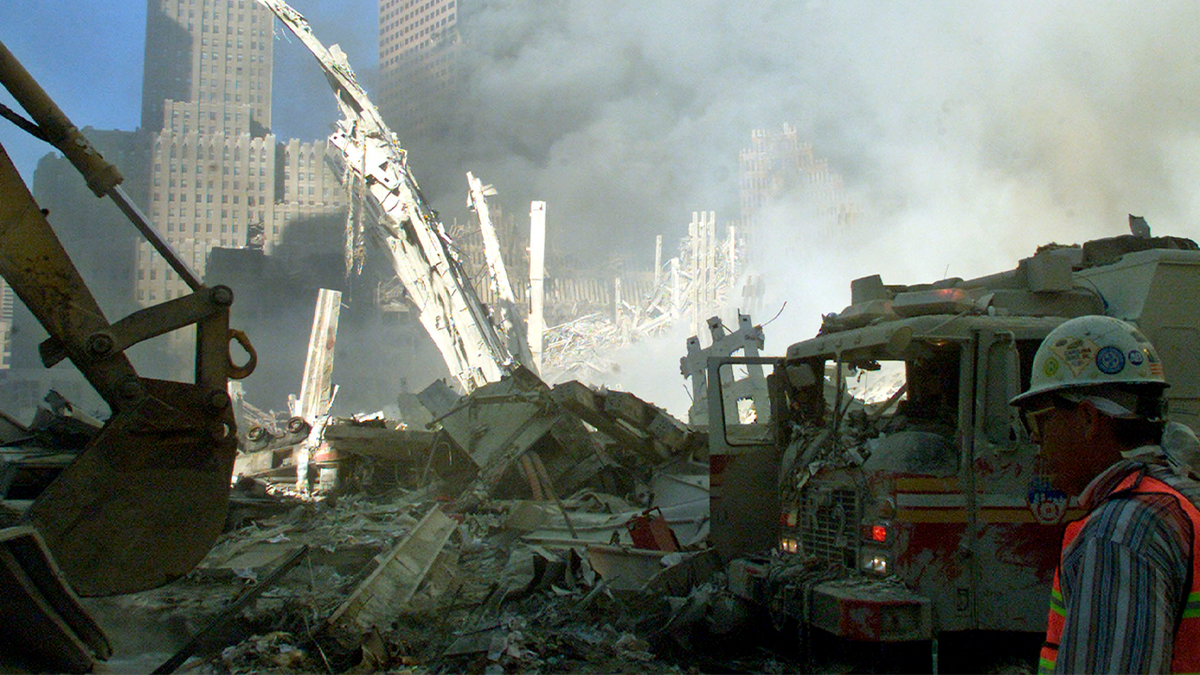
Alles compared what he saw to historical footage of the London bombings during World War II, explaining Ground Zero was a “four square block area of just total devastation, but your mind isn’t really catching up to what your eyes are seeing.”
TUNNEL TO TOWERS HONORS 9/11 HEROES WITH 104-STORY FREEDOM TOWER CLIMB AFTER TWO-YEAR HIATUS
Barasch, whose office is just two blocks from the scene, said that the “smell of death” lingered in the air, which he said was a mixture of jet fuels, concrete dust, smoke and burning chemicals.
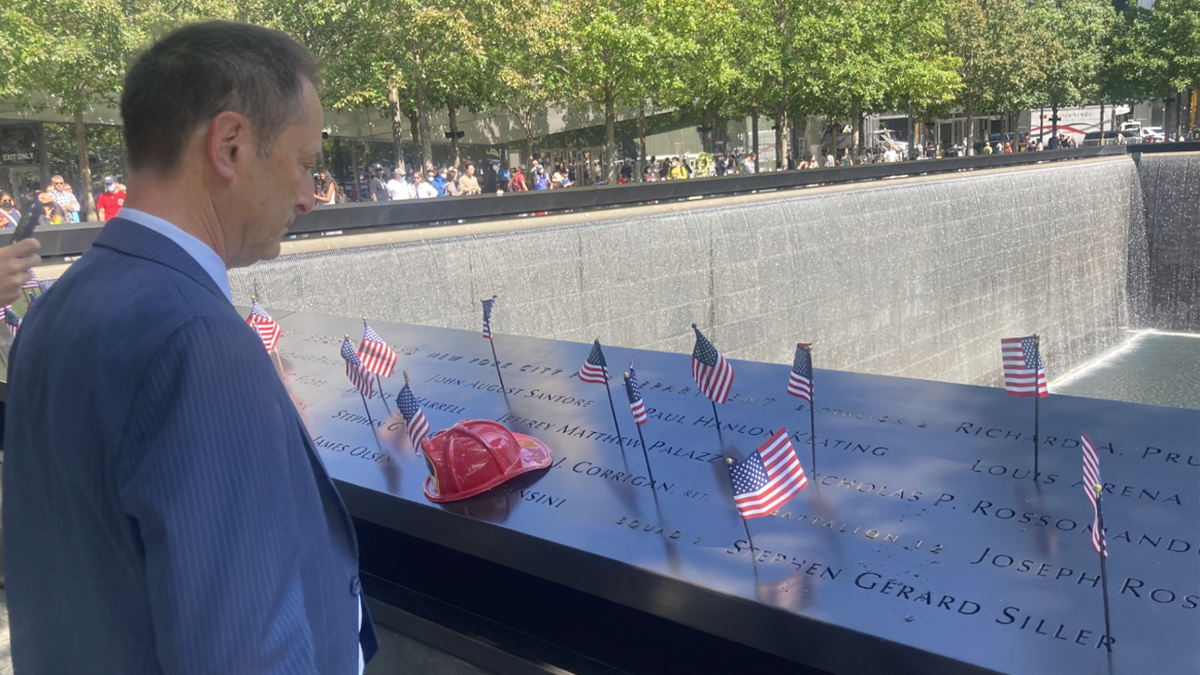
“It was smoke and dust was on our skin, which is why we’re seeing so much skin cancer. It’s the most common cancer in the 9/11 community, followed by breast cancer and prostate cancer. Notwithstanding a family history,” Barasch said.
Barasch explained that latency periods, the time between when a person’s body is exposed to a dangerous chemical and when a cancer manifests itself, can vary depending on the disease. Blood cancers, for example, have a latency period of roughly eight months, while thyroid cancer is about two and a half years and other hard tumor cancers is roughly four years, he said.
“So what this means is that if you were diagnosed anytime after that latency period, the presumption is that your cancer was caused by your exposure to the toxic dust, not withstanding a family history of cancer,” Barasch said.
SURVIVOR OF 9/11 WORLD TRADE CENTER ATTACKS, 1993 BOMBING UNDERGOES KIDNEY TRANSPLANT AFTER SEARCH FOR MATCH
The exposure did not end on Sept. 12, however, as first responders from New York and departments across the nation gathered in the city for “our nation’s largest search and rescue operation,” according to Alles, while fires smoldered for 100 days.
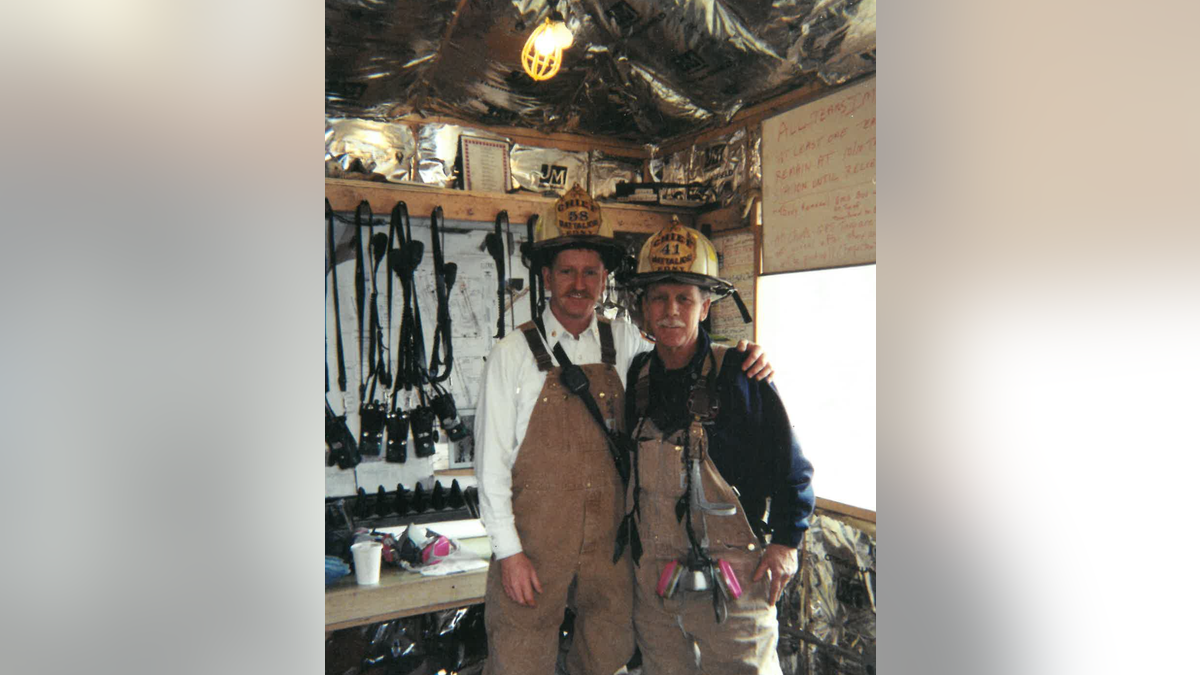
“Anybody that was there on the first day, or the ensuing weeks right after, receives maximum exposure because the fires were still burning, the fires burned for 100 days. So in addition to all of this contamination in the air, and the pH of the contaminants that were floating around, is the equivalent of Drano. So those particles on your body, you’re breathing them in because we didn’t really get a proper breathing apparatus until a week or so afterwards,” Alles said.
HOUSE APPROVES $2.7 BILLION IN PAYMENTS TO 9/11 VICTIMS AFTER YEARS OF DELAY
Alles and Barasch both advocated that firefighters and locals schedule appointments with a doctor, arguing early detection is the best course of action for those who were present in Manhattan’s Financial District around the time of the attack.
“I know it sounds corny, but early detection really can save lives. But you know we’re seeing brain cancer, lung cancer, kidney cancer, liver cancer, it’s every cancer you can think of. And just earlier this year, [New York Occupational Safety and Health] finally recognized uterine cancer, endometrial cancer. So that’s an important thing for women in the 9/11 community,” Barasch said.
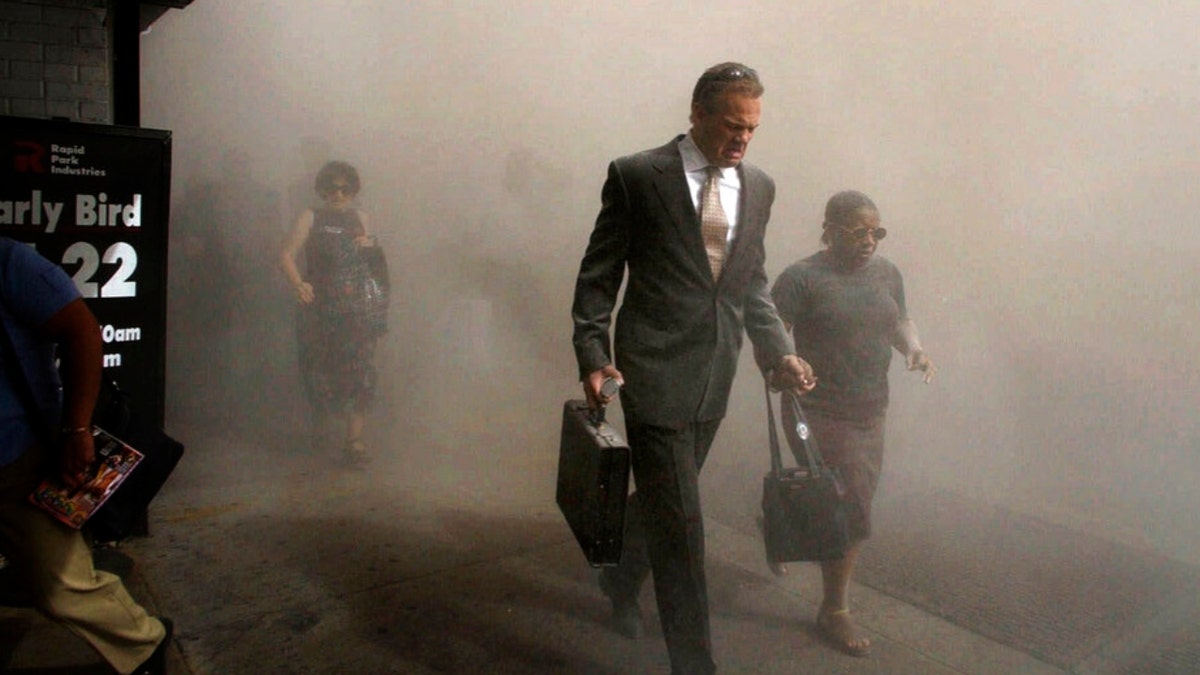
Alles has already seen his advocacy pay off. He delivered a lecture highlighting that first responders need to prioritize their health, and an FDNY member was in the audience and ultimately heeded the warning.
“So this particular individual is in perfect physical health, marathoner, has dark olive skin, not the type of person that runs for an annual dermatology examination,” Alles said. Coincidentally after the lecture, the man developed a rash on his arm that was unrelated to 9/11 and visited a dermatologist with Alles’ words ringing in his ears.
WHAT HEALTH THREATS DID 9/11 FIRST RESPONDERS FACE?
The dermatologist carried out an examination and found a slight discoloration under the FDNY member’s one fingernail.
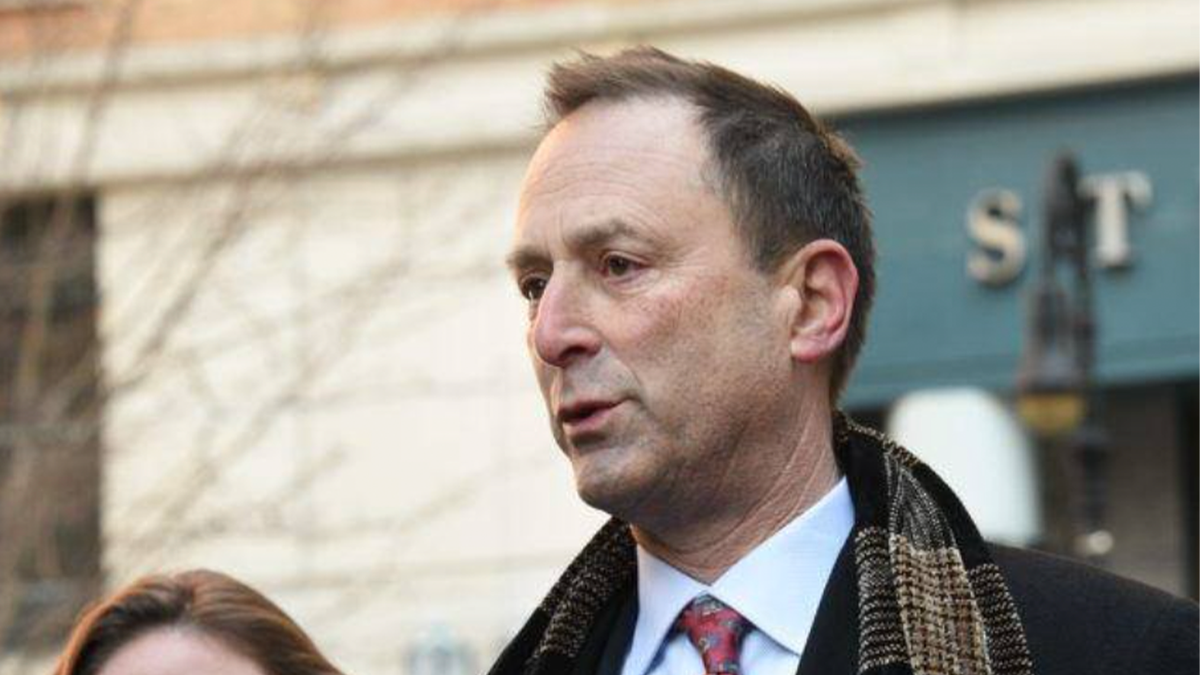
“Not only was it skin cancer, it was melanoma, the most aggressive form. They had to cut the tip of his finger off. He also had to undergo some chemo because they were concerned that the cancer cells, which can find their way around the body and come out in the lymph node system, and pop out in another organ,” Alles said.
Barasch and his law firm represented NYPD detective James Zadroga, who developed pulmonary fibrosis due to his exposure at Ground Zero. Zadroga died in 2006, and his death helped pave the way for Congress to pass the “James Zadroga 9/11 Health and Compensation Act,” which was signed into law in 2011.
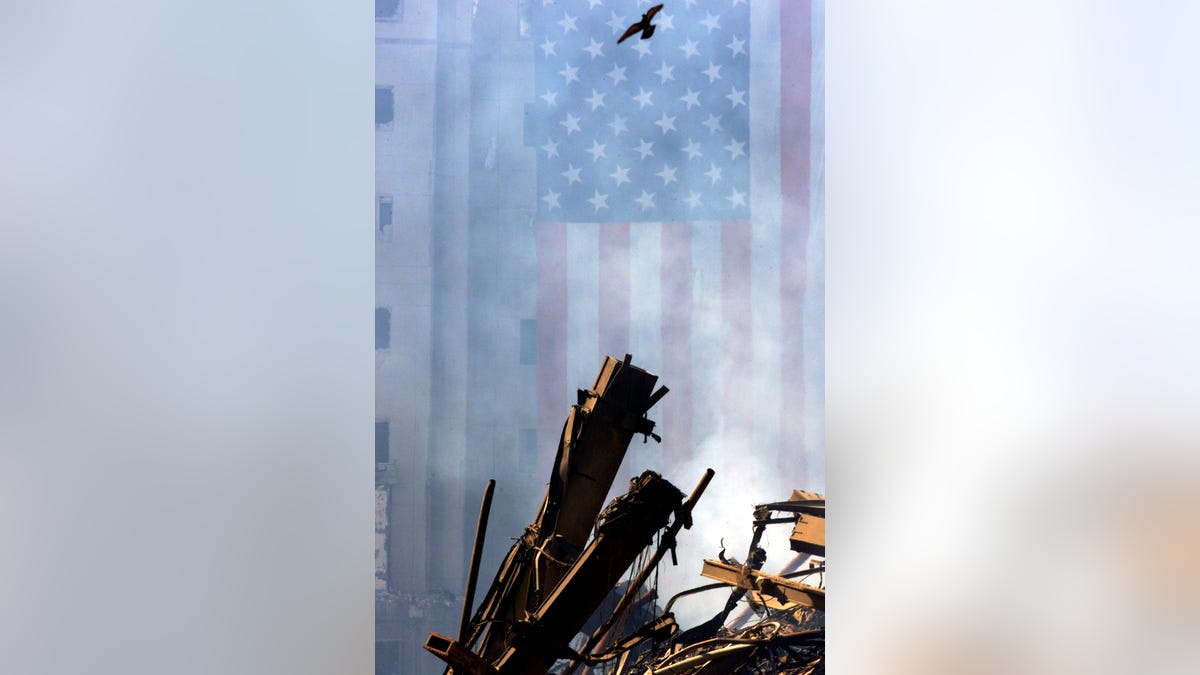
The law reopened the 9/11 Victim Compensation Fund, which provides benefits to victims suffering with illnesses stemming from exposure to toxins.
“As Jon Stuart always says, ‘access what you are entitled to,’” Barasch said, quoting the comedian and 9/11 first responders advocate. “[Government leaders] told us the air was safe to breathe. It wasn’t. But then they did the right thing and they created the Zadroga Health and Compensation Act, and now everybody has a chance for free healthcare, take advantage of it.”
ICONIC 9/11 PHOTOS AND THE PHOTOGRAPHERS WHO SHOT THEM: HERE ARE THEIR STORIES
Barasch said that the Victim Compensation Fund is currently trying to expedite the process of applying, but it relies on an understaffed World Trade Center Health program to certify the illnesses.
“As a first responder, I urge you to access the same benefits that my colleagues in the first responder community are entitled to. You’re entitled to them as well,” Alles said in comment directed at members of the public.
The retired FDNY member said that years after the fateful day, he still has not “really come to grips with the 343 members that we lost on Sept. 11.”
“And now to think that we are just about to match that number post 9/11,” he said, describing the first responder illnesses as unfolding in a “drip, drip, drip” manner. “We started to lose some members, they would come down with cancer, the medical experts had told us we would see cancers in possibly 10 to 20 years down the line. And what happened was we had members coming down, almost immediately, with illnesses and respiratory disease as well.”
TRUMP HONORS BRAVE FIRST RESPONDERS ON 9/11, TAKES SHOT AT BIDEN’S AFGHANISTAN ‘INCOMPETENCE’
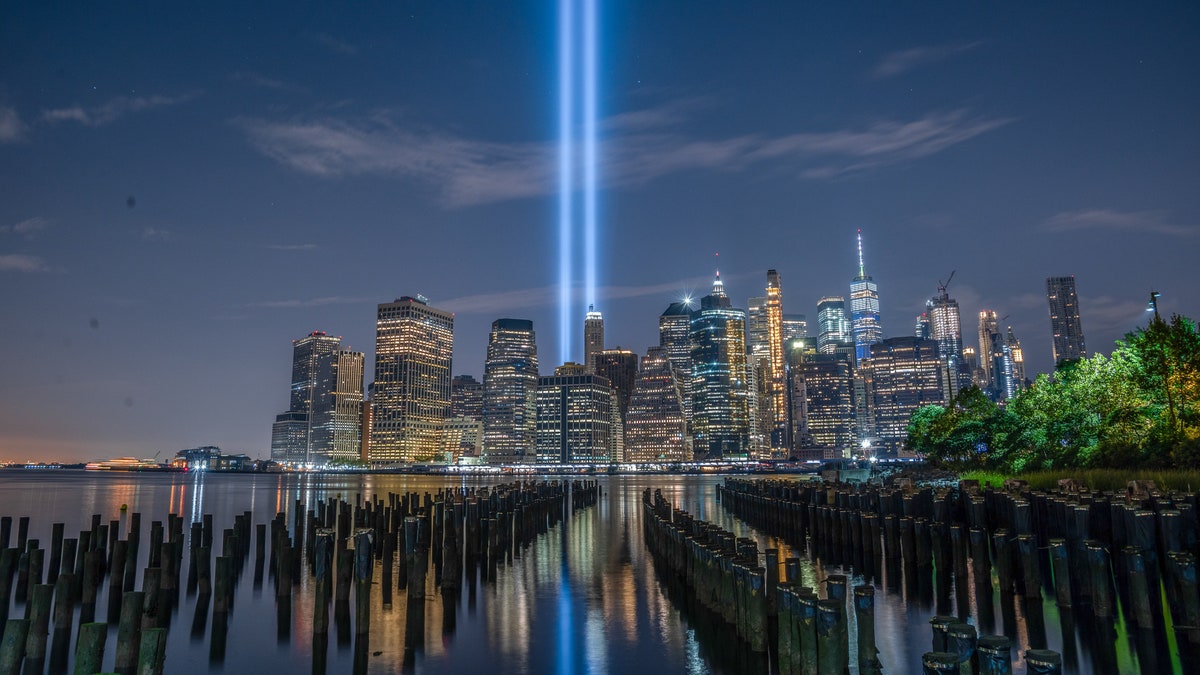
Barasch stressed that “9/11 didn’t end on 9/11.”
“It certainly didn’t for the FDNY. And it certainly won’t end next week, next month, whenever it is when we surpass that 343 number,” Barasch said. “So please take care of yourselves and your families. Go for annual skin exams. Go, if you’re a woman, go for that mammogram that you may have missed during COVID.”
Read the full article Here


